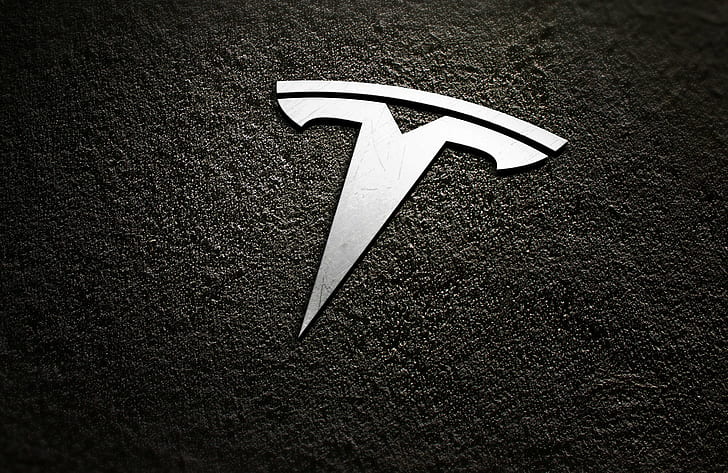Tesla is preparing to register its ‘Full Self-Driving’ software with authorities in China in the run up to its planned rollout of the technologically advanced feature this year, three people with knowledge of the matter said.
The U.S. electric vehicle maker is also considering selling the software as a monthly subscription to users of its cars in China, its second-largest market, they said.
A successful software registration with China’s Ministry of Industry and Information Technology will pave the way for Tesla to internally test Full Self-Driving (FSD) by having its employees drive on China’s public roads before delivering it as an upgrade to its Chinese users in the coming months, said two of the people. The company currently offers two, less-advanced versions of its Autopilot driver assistance system in China.
Tesla currently offers owners of its vehicles access to FSD for a one-time 64,000 yuan ($8,828.32) fee. It may also offer the service for a monthly fee equivalent to about $98 in the future, they said.
FSD sales in China would open a new source of revenue for the EV maker, which has seen its sales volumes there fall by 7.6% in the first four months of the year in the face of increased discounting and competition by Chinese EV makers.
Tesla’s push to roll out FSD in China also would “pressure other EV startups to accelerate their research and development”, said Yale Zhang, managing director at Shanghai-based consultancy Automotive Foresight.
Tesla did not respond to a request for comment. The sources asked not to be named because the plans are private.
The previously unreported schedule for the rollout comes as Tesla is doubling down on efforts to power the global development of its self-driving system with data collected and processed in China, part of a strategic shift by CEO Elon Musk.
The automaker is working to bring the version 12 of FSD to China, the latest version of the software that Musk has said gave him confidence that Tesla had a path to delivering fully autonomous driving systems.
Tesla would be joining at least 10 automakers and suppliers including Huawei and Xpeng in offering so-called level-two autonomous driving capabilities in China.
And while Tesla will be charging for FSD, Li Auto and Xpeng have offered equivalent driving systems for free on high-end variants of their models, while other automakers such as Nio have offered buyers a trial period without charge.
Level-two systems such as FSD still require an attentive driver with hands on the wheel, but Musk has said more fully autonomous vehicles are close. Tesla has said it will unveil unspecified details on its robotaxi program in August.
Tesla’s AI model for autonomous driving, known as an end-to-end neural network, is a break from more rule-based algorithms that have been used to train self-driving systems.
Some see that model as a way to build self-driving cars that learn faster and make more human-like decisions on the road.
Huawei and Xpeng also said recently that they had started end-to-end AI model development for autonomous driving that would follow Tesla’s lead.
While Tesla’s rivals can develop algorithms needed to compete with its approach to FSD, it will be challenging for them to catch the U.S. company on the data and the computing power development needs, said Yin Chengliang, professor at the Institute of Intelligent Vehicle of Shanghai Jiao Tong University.
Tesla uses a supercomputer it calls Dojo to train the FSD system using video clips from millions of Tesla EVs. That connected network of vehicles, the world’s largest fleet, and the ability to process the data it generates give it a major advantage over any rival, Yin said.



